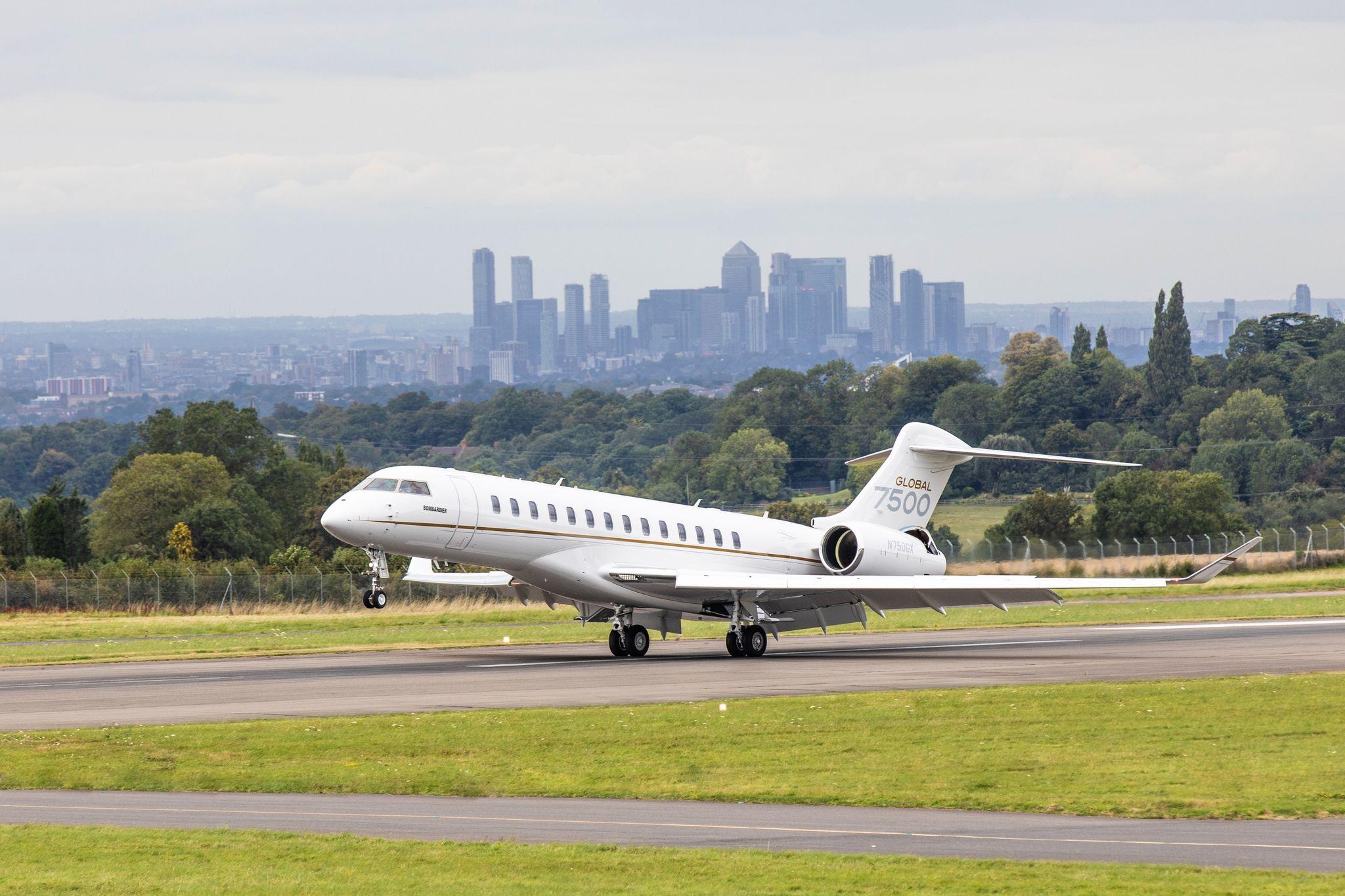
Once COVID-19 infection and death rates decline and governments ease restrictions on movements, some experts are concerned that difficulties may arise at airports that specialize in business aircraft traffic.
If there are bankruptcies among commercial airlines, larger regional airports that have gradually become less open to bizjet movements as low-cost carrier traffic has grown, may make a renewed play for private flights.
“When a regional airport hits capacity, it forgets about private aviation,” says Adam Twidell, co-founder of the UK-based charter broker Privatefly. “They make their money from shopping and car rentals—they don’t make much money from a private jet landing. It requires separation from the A380 ahead of it, it’s a hassle on the ground, and it’s only taking four passengers as opposed to 400. But now, with the drop [in commercial airline activity] ... some airports will suddenly remember private aviation and will [want to] be their friends again.”
Should the larger airfields target private flights—whether briefly following the easing of lockdown restrictions, or for a longer period—cost is likely to be a key tool.
“There might be a push-down in price to add a little bit of competition, which I think would be good for operators, and good for the consumer, in the end,” says Ian Moore, chief commercial officer of global operator VistaJet. “But [larger airports] would have to do a lot to make you feel like you’re their short, medium or long-term partner.”
Moore believes specialist airfields are well placed to weather the crisis because they have the right offering in place to retain customers. Additionally, the primary factor in a business jet users’ decision on where to fly in to and out of remains speed—an aspect of the private-flying experience larger airports will struggle to compete with.
“It’s multifaceted,” Moore says, of the typical VistaJet user’s decision-making process. “In a business sense, it starts with ‘How late can I land to get in the car and get to my business meeting?’ Most of our clients are more avid users of aviation: they generally are flying at least 20 times a year. They’ve used private jets before, and have got used to going into small, bespoke airports. And I think people like the familiar, personal feel of a small and more private FBO, and the ease with which they can get in and out of that environment.”
Specialist airports may have a further advantage, in that they have had to build a business model that does not rely on passenger volume, experts say. Rental income from on-site businesses is key. Innovative efforts to attract and retain both aircraft operators and tenant companies underline the specialists’ adaptability and should ensure most have a solid business bedrock on which they can rebuild after the crisis has passed.
“Business-aviation airports have a much more entrepreneurial approach to their business, and they’re established now,” says Kevin Ducksbury, chair of the Air Charter Association. “They can think a little bit more quickly and be a little bit more agile than some of the bigger airports.”
At least one airport operator is bullish about the future.
“This crisis has only re-emphasized and reassured people that dedicated business-aviation airports are more resilient than larger airports,” says Robert Walters, commercial director at London Biggin Hill Airport. “We’re here for our customers seven days a week no matter what. We remain fully open for our full operational hours, and there’s no degradation in service.”
Walters says that Biggin Hill remains committed to the slate of ongoing redevelopments and investments that were in hand before the coronavirus crisis hit; plans for an on-site hotel are holding on track, and construction is continuing on expansion of the airport’s Bombardier service center. And, while some tenant organizations have asked for assistance, the airport has yet to make any rental concessions.
A program launched in March, called Return to the Skies, which gives operators access to the airfield for multiple movements on a single day to facilitate ongoing currency and training requirements, has generated considerable interest from both extant and new users of the airfield. Yet the crisis is, obviously, still having considerable impact.
“The business is in very good financial health, and we have good support from our holding company,” Walters says. “We are not in fear of the future, but undoubtedly it is challenging. For all the up sides, and for all the hard work we’ve put in over previous years, these months now will eat away at some of that benefit.”





